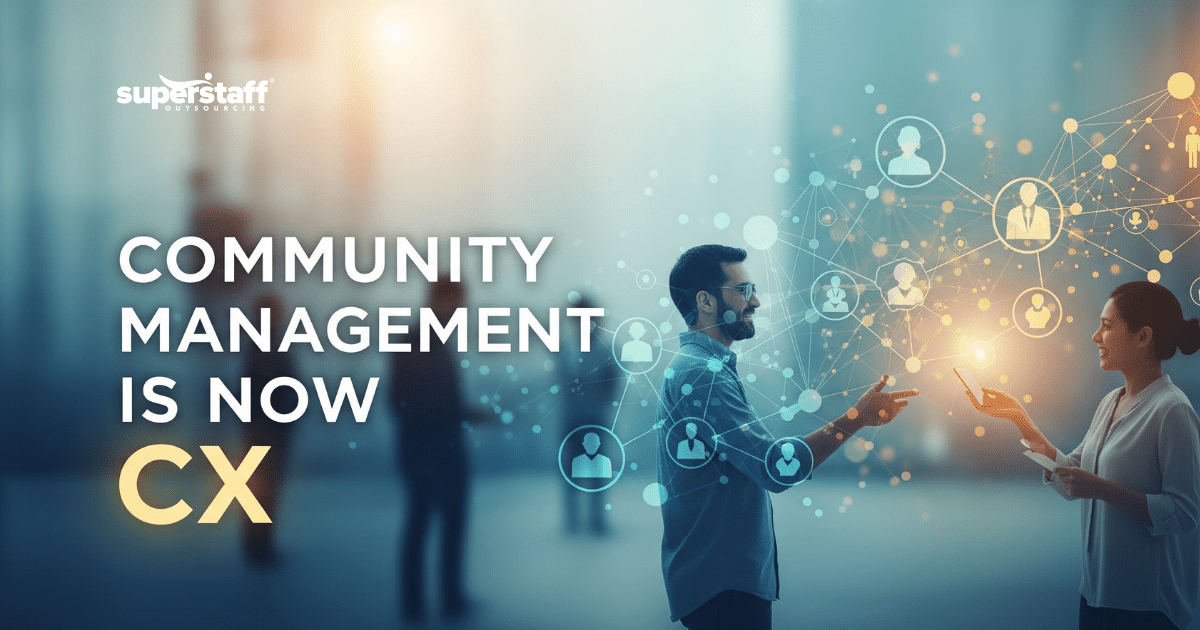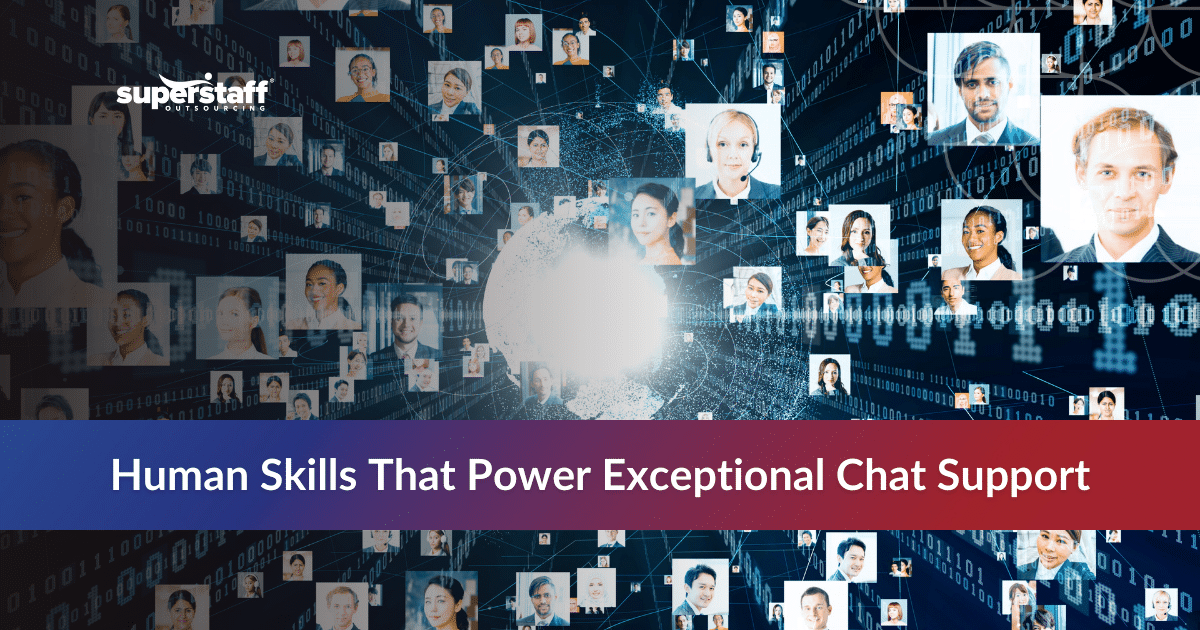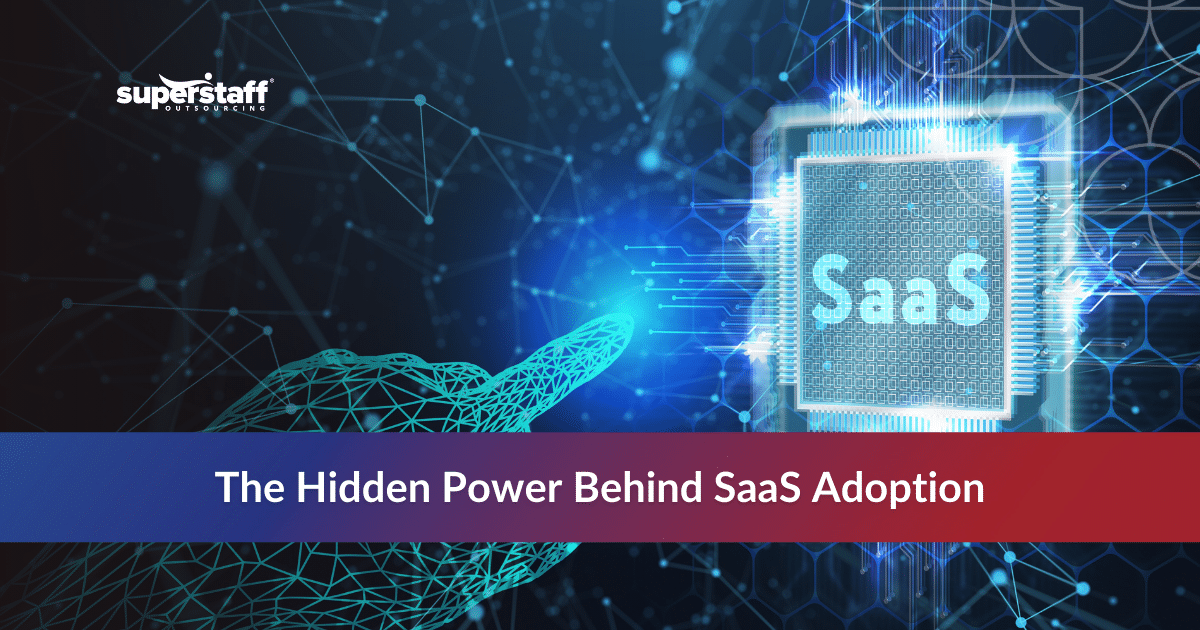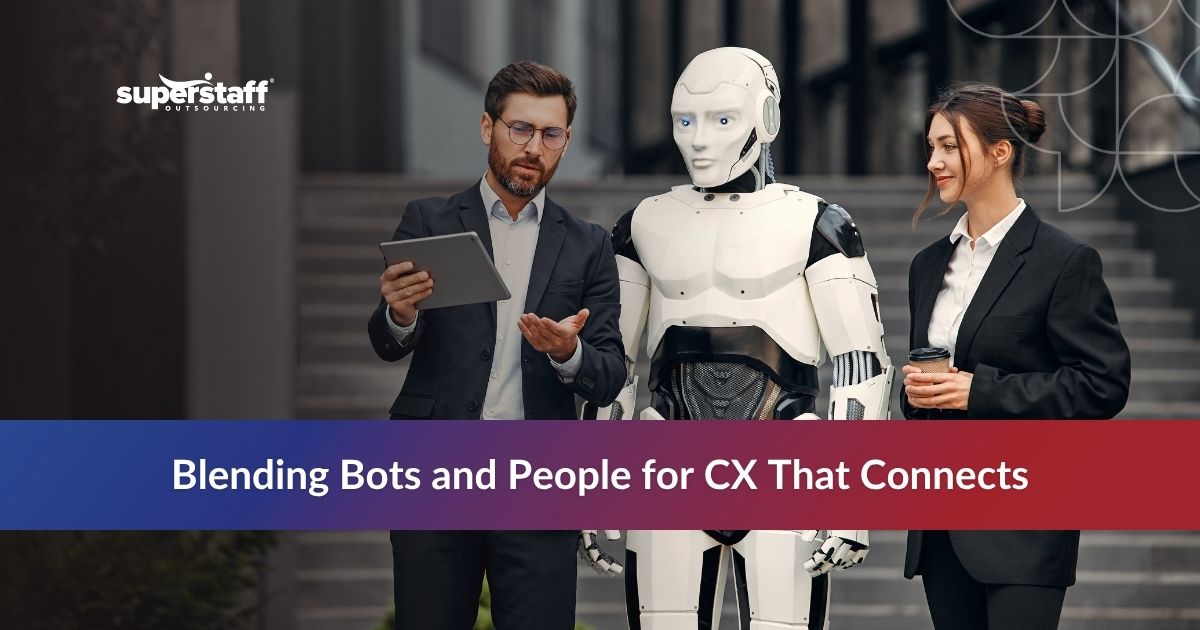
In the race to streamline operations and improve efficiency, businesses are rapidly embracing artificial intelligence. From handling basic inquiries to predicting customer behavior, AI is transforming support at scale. But as companies double down on automation, a critical truth emerges: AI can’t do it all. In the debate of AI vs human customer service, many organizations are discovering the emotional and cognitive gaps that automation simply can’t fill.
While AI delivers speed, it often falls short in providing the empathy, nuance, and judgment required for complex interactions. This is where human customer service agents remain irreplaceable—especially when operating within the flexible, culturally fluent frameworks of modern outsourcing.
In this blog, we explore when AI can’t handle customer inquiries and need human agents, and why combining tech with the human touch—through a hybrid customer support model and call center services in the Philippines—is the key to delivering exceptional CX in 2025 and beyond.
AI Is Powerful—But Emotionally Limited
Artificial intelligence (AI) can simulate conversations, but it lacks the emotional awareness needed for true connection.
AI tools can process massive datasets and respond in milliseconds, but they are often tone-deaf when it comes to emotional context. Sarcasm, cultural idioms, and frustration are commonly misinterpreted by even the most advanced models. Customers who feel misunderstood by a chatbot often become more frustrated, especially when their issues aren’t resolved or escalated appropriately.
- A financial services firm reported an uptick in complaint escalations after deploying an AI chatbot that failed to recognize distress in customer messages.
- A large language model (LLM) responded to a grieving customer’s message with a generic “We hope you have a nice day,” causing reputational damage.
While AI has a role in efficiency, these failures highlight the risks of removing the human touch. That’s where trained CX agents—especially those skilled in empathy and de-escalation—step in and restore the customer experience.
That’s where human CX agents shine—especially outsourced teams trained for empathy.
AI vs Human Customer Service: Why Complex Interactions Still Require a Human Touch
Some customer service issues simply can’t be resolved by scripts or automation.
AI is ideal for answering FAQs or processing standard returns. But when it comes to emotionally charged issues—like health emergencies, billing errors, or product malfunctions—customers demand more than logic. They need assurance, judgment, and trust.
- A patient navigating unexpected insurance claim denials needed a human to walk them through the process—AI could only provide policy definitions.
- In tech support, an AI bot misdiagnosed a hardware issue, which a human rep later resolved by identifying a pattern based on experience.
These cases show that when AI can’t handle customer inquiries and need human agents, businesses risk alienating customers if real people aren’t ready to intervene.
But not all human support is created equal—offshore teams bring additional advantages.
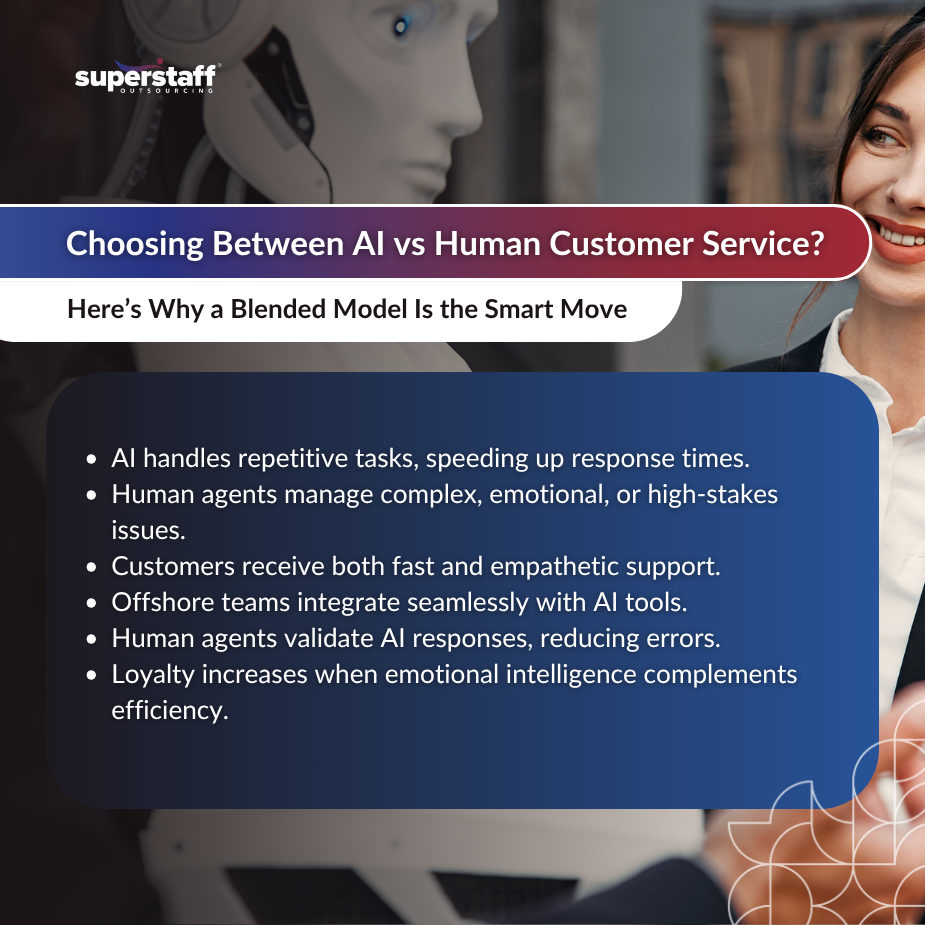
Outsourced Teams Offer 24/7 Human Support With Cultural Fluency
Outsourcing enables brands to provide empathetic, real-time support around the clock—without burning out in-house teams.
Global CX leaders turn to call center services in the Philippines because of their unique combination of time zone alignment, language fluency, and cultural compatibility with Western markets. These teams provide continuous coverage, often improving customer satisfaction through consistent, personalized support.
- Filipino agents are renowned for their empathy, soft skills, and neutral English accents—key attributes for emotionally intelligent service.
- One U.S. e-commerce brand increased its Net Promoter Score (NPS) by 30% after pairing an AI chatbot with a Philippine-based human support team to handle escalations and personalization.
The ideal solution isn’t human or AI—it’s a blended strategy.
The AI-Human Hybrid Model: Best of Both Worlds
Leading companies use AI to handle volume and humans to handle complexity.
The hybrid customer support model enables companies to maximize efficiency without sacrificing experience. AI handles front-line triage—routing, categorizing, and resolving simple tickets—while human agents step in for nuanced or high-value interactions.
- Offshore teams in the Philippines are trained to use AI-driven CRM tools, sentiment detection platforms, and decision trees that accelerate case handling.
- Human agents validate and verify AI-suggested solutions to prevent errors, reducing the risk of brand-damaging miscommunications.
This model also prevents “automation fatigue,” where customers grow tired of interacting with machines and crave human connection.
This hybrid model also fuels customer loyalty in an era of automation fatigue.
Human-Led CX Drives Loyalty, Especially in High-Emotion Industries
Empathy-driven service isn’t a “nice to have”—it’s a loyalty engine.
Industries like healthcare, finance, and travel require a human-first approach because the stakes are personal. Mistakes can cost more than money—they can damage well-being and trust.
- Agents trained to read emotional tone can adjust their communication style, easing customer anxiety and anger.
- Human teams gather voice-of-customer insights that inform product improvements, marketing, and service personalization. One effective way to repurpose these insights into customer-facing assets is to make a slideshow video turning feedback, testimonials, or feature highlights into a visually compelling format that strengthens trust and engagement.
Whether it’s delivering bad news compassionately or turning a poor experience into a memorable recovery, people—not bots—make loyalty last.
Businesses must ensure their outsourcing partners are trained for more than just efficiency.
What to Look for in a Human-Centered CX Outsourcing Partner
Not all outsourcing providers are equipped to deliver emotionally intelligent support.
Too often, companies choose providers based on price alone—but emotional intelligence and training quality are what truly move the needle in customer satisfaction.
- Choose providers that prioritize soft skills, provide scenario-based training, and emphasize emotional readiness.
- Ensure the partner understands your industry and brand tone, so customer interactions feel seamless.
Top-tier call center services in the Philippines meet these standards, offering specialized training that blends tech fluency with human warmth.
SuperStaff stands out as a provider that brings all of this to the table.
SuperStaff’s Approach: Empowering People With AI, Not Replacing Them
At SuperStaff, we believe the future of CX is not AI alone—but AI with people.
We build human-centered customer support models that harness the power of AI while elevating the strengths of real people. Our CX professionals are trained to integrate seamlessly with your tech stack, ensuring your brand voice and service quality remain intact.
We provide flexible outsourcing models that scale with your business needs, from fully human teams to blended AI-human setups.
Let’s bring back the human side of customer support—without sacrificing efficiency.
In the AI vs Human Customer Service Battle, Reap the Benefits of Both With a Blended Model
AI may be fast, but humans are still irreplaceable when it comes to empathy, trust, and critical thinking in customer support.
While AI handles scale and speed, it falls short in emotion and judgment. That’s why outsourced teams, especially those in the Philippines, are essential in bridging the gap through a hybrid customer support model. When AI can’t handle customer inquiries and need human agents, SuperStaff ensures you never miss a beat.
Ready to strike the perfect balance between AI and empathy? Partner with SuperStaff and let’s build a customer experience that puts people first—backed by the best tech, training, and talent in the industry.

